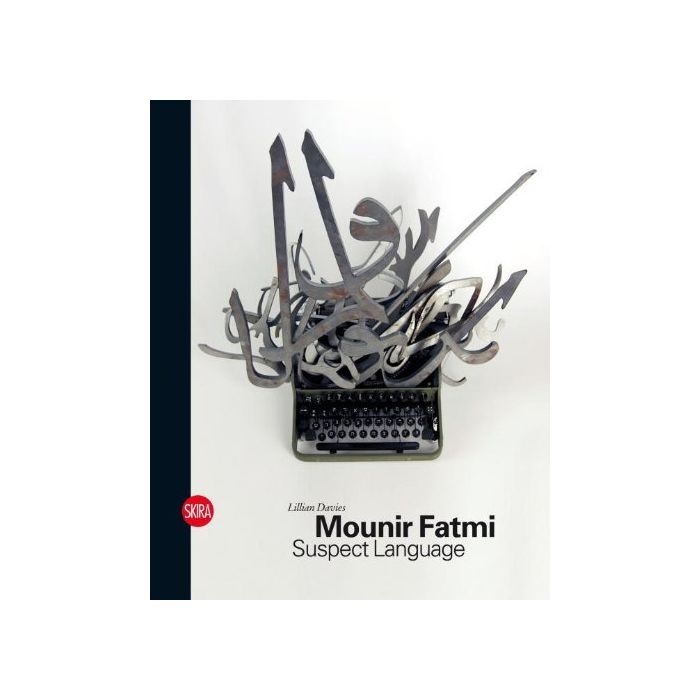My Cart
Your cart is empty
Looks like you haven't made your choice yet.
- Subtotal
Mounir Fatmi

Suspect Language
- Skira (T&H)
More Information
| Publisher | Skira (T&H) |
|---|---|
| ISBN | 9788857214566 |
| Publication date | February 2013 |
| Edition | Hardback |
| Dimensions | mm |
| Pages | 208 |
| Language(s) | Eng. ed. |
Description
The first monograph of a contemporary artist, whose work offers a look at the world from a different glance, refusing to be blinded by the conventions. Mounir Fatmi was born in 1970 in Tangier, Morocco and now lives and works between Paris and Tangier. He constructs visual spaces and linguistic games. His work deals with the desecration of religious object, deconstruction and the end of dogmas and ideologies. He is particularly interested in the idea of death of the subject of consumption. This can be applied to antenna cables, copier machines, VHS tapes, and a dead language or a political movement. His videos, installations, drawings, paintings and sculptures bring to light our doubts, fears and desires. Mounir Fatmis work has been shown in numerous solo exhibitions and collective shows at the Centre Georges Pompidou, Paris, The Brooklyn Museum, New York, Museum Kunst Palast, Düsseldorf, Mori Art Museum in Tokyo, Museum on the Seam, Jerusalem, Moscow Museum of Modern Art, Moscow, Mathaf Arab Museum of Modern Art, Doha and the Hayward Gallery, London. Mounir Fatmi was awarded by several prize such as the Cairo Biennial Prize in 2010, the Uriöt prize, Amsterdam and the Grand Prize Leopold Sedar Senghor of the 7th Dakar Biennial in 2006.

Mounir Fatmi
